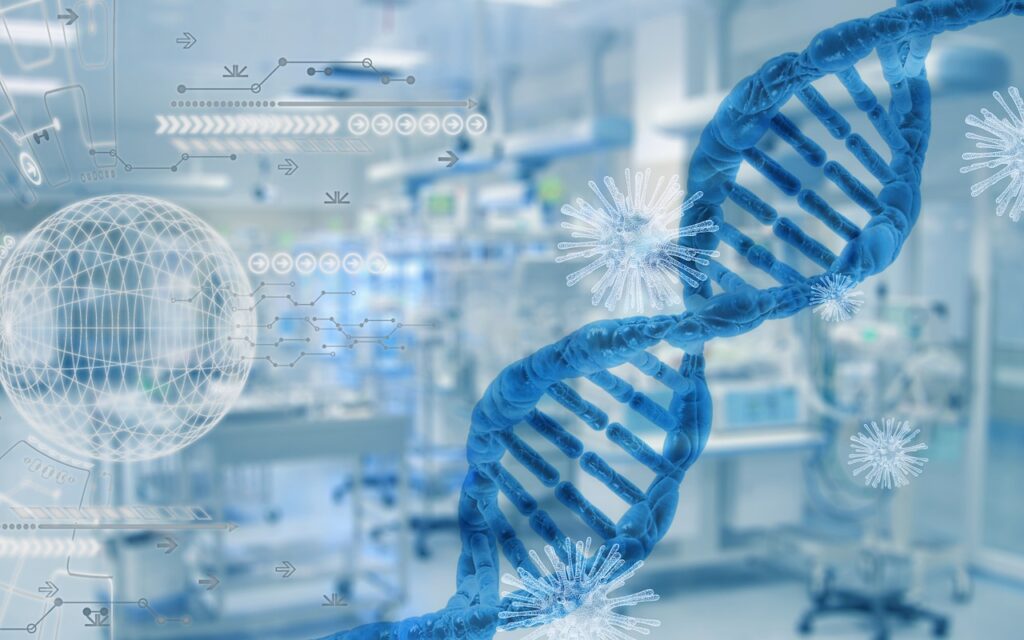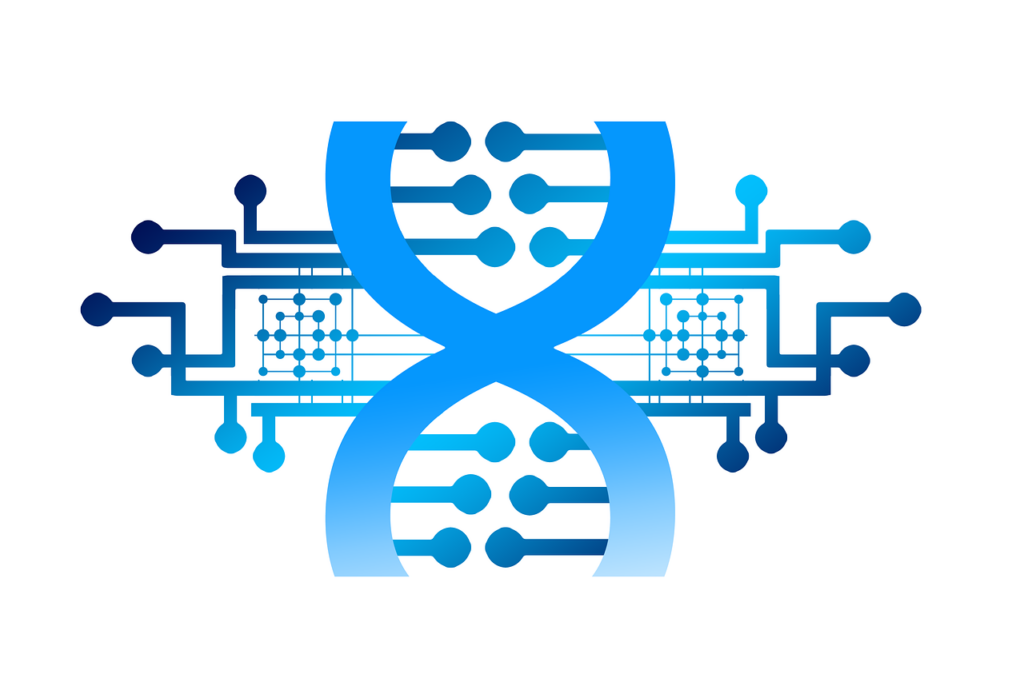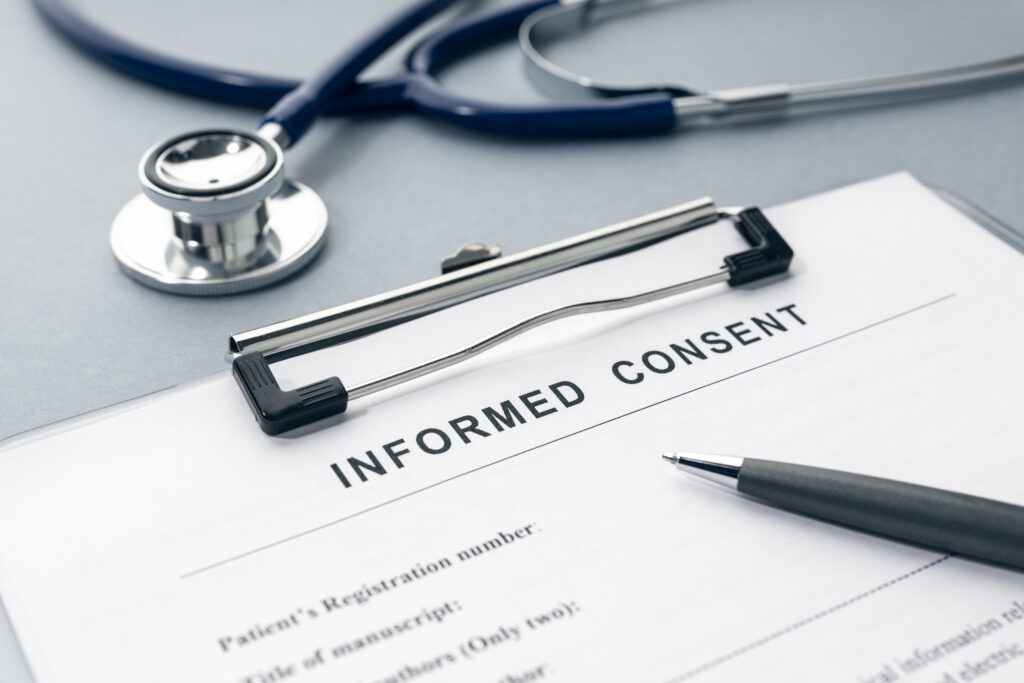Tissue and DNA material used without informed consent and authorization leads to lawsuits

On the 70th anniversary of the death of Henrietta Lacks, her family has filed a lawsuit on October 4, 2021, against Thermo Fisher Scientific for using cells taken from Henrietta Lacks while a patient at Johns Hopkins Hospital in Baltimore without her informed consent and without approval from or payment to her family members. The lawsuit asks the courts to require Thermo Fisher Scientific to compensate the family with profits made from Lack’s cell line and asks for ownership to the intellectual property related to the cells.
Henrietta Lacks died in 1951 at the age of 31 from cervical cancer and while being treated at Johns Hopkins, doctors took tissue from her cervix without her knowledge, permission or informed consent. Her cervical tissue cells were unique in that rapidly reproduced and survived in tissue culture. This allowed this Lacks cell line, referred to as HeLa cells, to be used in research over the decades since her death. (The cells are named HeLa cells from the first two letters of Henrietta Lacks first and last name.) The lawsuit alleges there are at least 12 products marketed by Thermo Fisher that include the HeLa cell line.
After the publication of a 2010 book by Rebecca Skloot entitled “The Immortal Life of Henrietta Lacks” telling the story of Henrietta Lacks and the history of her cells, the Lacks family’ position stated in the lawsuit is that any individual, laboratory, or corporation using HeLa cells, should be aware that permission needs to be requested from the Lacks family before using the cells for profit.
In August, 2013, in an effort led by Francis Collins of the National Institutes of Health (NIH), the family agreed to allow NIH-funded researchers to use HeLa cells but only with the family’s consent after disclosure of the intent and purpose of the research.
The Lacks family attorney expects claims will be brought against other companies who have profited from using the HeLa cells without express informed consent and authorization.
In the 70 years since Henrietta Lacks’ death, privacy protective mechanisms have been introduced to the medical community to try and assure that the patient understands what procedure they will undergo and how, where, why, and by whom their data and biomaterial is intended to be used. Recent privacy laws like the EU’s GDPR (General Data Protection Regulation), California’s CCPA (California Consumer Privacy Act), and the most recent (October 1, 2021) Florida’s Protecting DNA Privacy Act which brings criminal charges against anyone willfully, and without express consent, collecting or retaining another person’s DNA sample, submitting another person’s DNA sample for analysis, or disclosing, selling or transferring another person’s DNA analysis results to a third party, will require updated, specific and transparent informed consent tools and HIPAA authorization.
Consent Vault’s SaaS products and services are well-positioned to provide cloud-based, centrally controlled and managed, searchable and auditable processes to help health care providers and data managers to meet the rigor and challenges of these rapidly occurring legislative changes and subsequently reduce their risk of not properly seeking consent and authorization of immediate and future uses of patients’ medical information and use of their biomaterial (e.g. tissue biopsies and blood).




